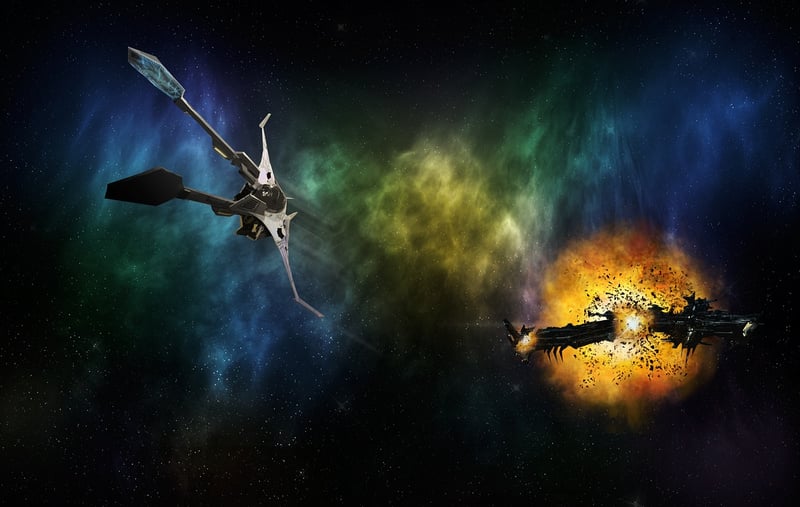Future Dystopia
The Evolution of Eras: From Ancient Times to Future Dystopia
Throughout history, humanity has witnessed various eras that have shaped the world we live in today. Let's take a journey through time, exploring different epochs and envisioning a future dystopian society.
Ancient Era
The ancient era, also known as antiquity, spans from the emergence of human civilizations to the fall of the Western Roman Empire. This period witnessed the rise of great empires like the Egyptians, Greeks, and Romans, laying the foundation for future societies.
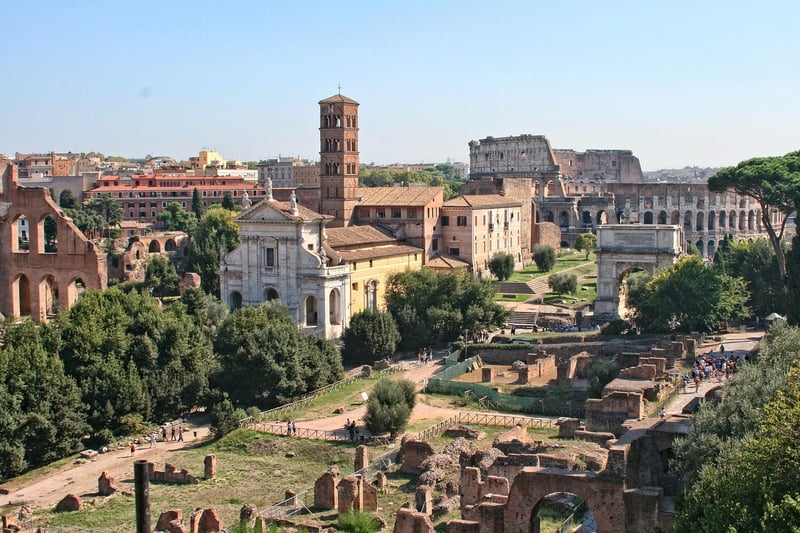
Medieval Era
The medieval era, characterized by feudalism and the influence of the Catholic Church, saw the construction of magnificent castles, the Crusades, and the Black Death. This period marked a transition from the ancient world to the modern age.
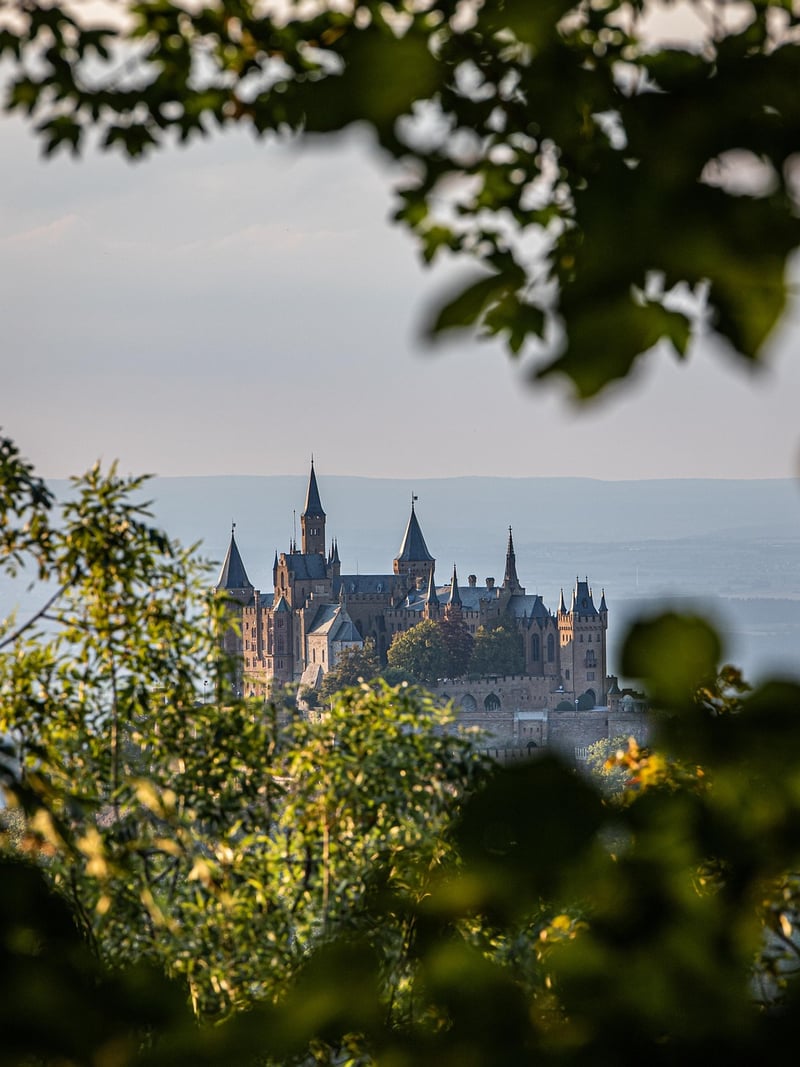
Industrial Era
The industrial era brought about significant advancements in technology, leading to the Industrial Revolution. Factories, steam engines, and urbanization transformed societies, paving the way for modern infrastructure and mass production.

Modern Era
The modern era is characterized by globalization, rapid technological progress, and cultural exchange. The world wars, the Cold War, and the digital revolution have shaped contemporary society, ushering in a new age of interconnectedness.
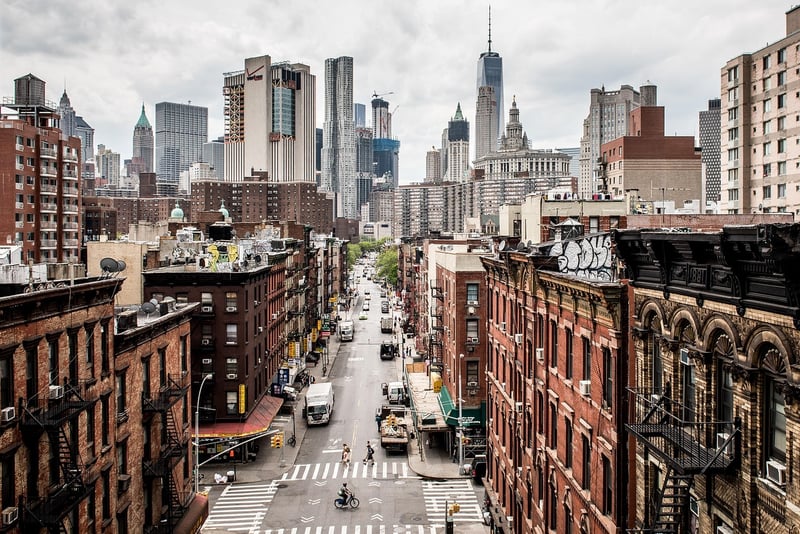
Future Dystopia
As we look ahead to the future, there is a growing concern about the possibility of a dystopian society. Environmental degradation, overpopulation, totalitarian regimes, and technological surveillance are some of the challenges that could lead to a bleak and oppressive future.
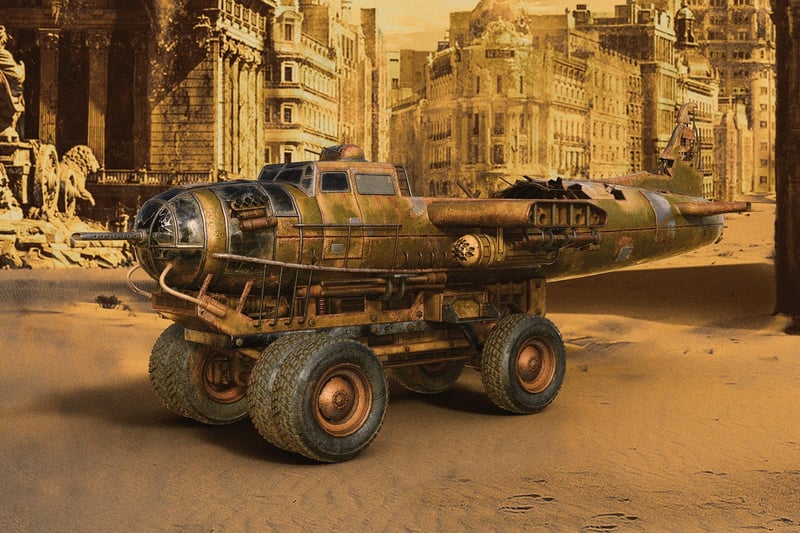
In conclusion, by reflecting on the evolution of eras from ancient times to the modern age and contemplating the potential challenges of a future dystopia, we gain a deeper understanding of the forces that shape our world. It is up to us to learn from history and work towards creating a more sustainable and equitable future for generations to come.
